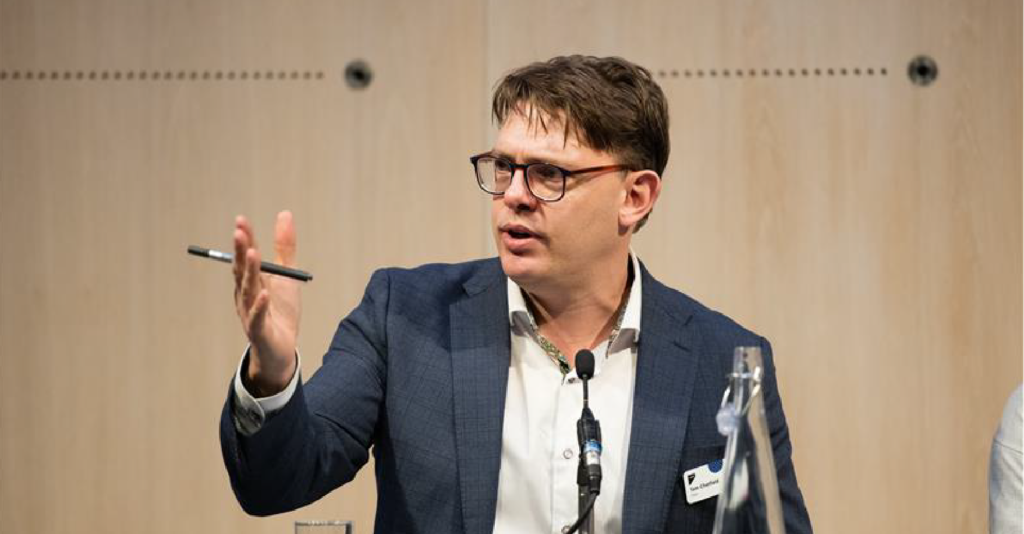Tom Chatfield: What do these results mean for authors?

ALCS Chair and technology philosopher Tom Chatfield discusses the results of our recent survey on artificial intelligence.
The data tells a clear story: when it comes to artificial intelligence, writers are being kept in the dark. As ALCS’s survey of over 13,000 writers shows, 77% don’t even know if their works have been used to train AI systems. Among those who do know, only 7% gave permission. And a remarkable 91% felt they should be asked for permission to use their works.
Behind these statistics lies a fundamental imbalance in how creative work is valued and respected in an algorithmic age. While tech companies rush to train ever-larger systems on vast libraries of human-made content, its creators are neither consulted nor compensated.
Yet what’s striking about the ALCS survey isn’t just writers’ concerns – it’s their readiness to engage with solutions. Some 81% of respondents would participate in a licensing framework for future uses of their work. Writers aren’t against technological progress. They’re opposed to exploitation, alongside the confusions and category errors that a lack of transparency breeds.
These confusions matter in a larger sense. Both creators and audiences deserve better than a future of endlessly opaque algorithmic outputs. The purpose of reading isn’t to consume as many words as possible, just as the purpose of writing isn’t to fill the world with torrents of text. What matters is the human connections and experiences woven through creative work. Writing, reading and storytelling are how we forge meaningful bonds between people; how a society explores its values and makes sense of its experiences.
The UK’s creative industries generate over £124.6 billion annually not because they churn out content to order, but because they entail hundreds of thousands of people creating works that audiences love. People want to know they’re engaging with other human lives and talents, and to support the creators whose achievements delight and move them. Hollowing out the ecosystems that support this is no way to sustain a society worth living in.
The technological landscape may be shifting and complex, but ALCS’s survey suggests a clear set of principles for navigating it. Writers want transparency about how their work is used, recognition for their contributions (87% want credit when their works are used by AI) and fair compensation (96% seek remuneration for past usage). These aren’t unreasonable demands. They’re basic rights that acknowledge the intrinsic value of human creativity – and that AI’s insights are ultimately reliant upon human words, talents and understandings.
The future of AI and human creativity doesn’t have to be antagonistic. But it must be built on fairness, transparency and respect. Writers are ready for this future. The question is whether governments and tech companies will acknowledge – and honour – the debts they owe to human creativity.
You can read the report in full here.
